Algerians go to the polls Thursday for legislative elections. The country’s land borders have been closed to protect the process from terrorism and unrest. Algeria, the largest country in Africa and in the Arab world, is in a prolonged slump. Its search for new leadership and direction is stalled.
The ruling National Liberation Front (FLN) party led the struggle for independence from France and has theoretically governed since 1962. When it allowed free elections in 1992, the Islamists won in a landslide. The army intervened and a decade of bloodshed ensued. In many respects it was a foreshadowing of the Arab Spring. The army still runs the country but from deep behind the scenes; Algerians refer to their rulers as Le Pouvoir, a shadowy collection of generals and spymasters who have the real power.
Abdelaziz Bouteflika, 80, has been president since 1999 when the army chose him to be Algeria’s leader. He was one of the FLN’s top lieutenants in the war for independence and the first years of his rule did bring a major reduction in violence and an amnesty that helped heal some of the wounds of the civil war that claimed over 200,000 lives. But he has had at least one severe stroke, rarely appears in public, and is increasingly a recluse out of touch with the Algerian people—many of whom have known no other leader. One-quarter of Algeria’s 41 million people are under 15 years old. Seventy percent are under 30.
But even in his physically weakened state, Bouteflika still has his political successes. He ousted the longest-serving intelligence chief in the world, Muhammad Mediene, less than two years ago to purge Le Pouvoir of one of its most unscrupulous yet powerful players. Guessing the state of the fourth-term president’s health is a national obsession. There is no clear successor.
Twelve thousand candidates are competing for 462 seats in parliament. Although the body has sharply limited powers, being a member is a personally lucrative position. Voter turnout was less than 45 percent in the last election five years ago, and it may be even less this time. Algerians are apathetic about the election, according to many observers, since they expect Le Pouvoir will select the winners. Meanwhile, much of the opposition is boycotting the contest.
Women vote and run for parliament. Some conservative parties’ campaign posters appeared without showing the women candidates’ faces, but the government is compelling them to show their faces to enforce secularism and gender equality. The country has a complex identity crisis around Islam and nationalism. It is building the world’s third-largest mosque, but still educates in French.
The country is much too dependent on oil and gas exports, deriving 60 percent of government revenue from energy exports. The slump in energy prices has meant lower growth and has forced the government to run down its reserves from $194 billion in 2014 to $114 billion today. Yet the country has the largest defense budget in Africa. Unemployment is at least 10 percent, and much higher for the young. Tourism is almost non-existent, despite the presence of Roman and Carthaginian ruins, gorgeous Mediterranean weather and beaches, and short flights from Europe.
The Trump administration has ignored Algeria to date. Since 2001, Algeria has been a close but difficult counterterrorism partner with the United States. President George W. Bush embraced Bouteflika as the best American bet in Algeria to fight al-Qaida in North Africa, where it has a small but lethal organization. His father had endorsed the military coup in 1992, ignoring the vote of the people. Barack Obama dealt with an increasingly opaque Bouteflika regime and quietly began contingency planning for the day after his presidency.
France has a huge stake in Algerian stability. Some five million French-Algerians are a potent force in French society. Front-runner presidential candidate Emmanuel Macron visited Algiers in February and apologized for the “barbaric” nature of French colonial rule. His opponent Marine Le Pen said French rule had done a great deal of good for Algeria. The Algerian foreign minister has called Macron a friend of Algerians.
Algeria has been the battlefield for two great wars in its modern history. First was the epic war for independence with a million casualties, then came the civil war of the 1990s. America played an important but quiet role in both. Algeria has been a harbinger of the future for the Middle East. Its current slump must have an ending sooner or later, and it will matter a great deal how that transpires. Algeria needs dynamic leadership, but it’s hard to see how that will happen.
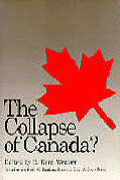
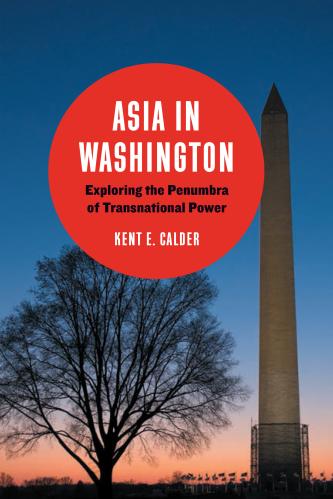
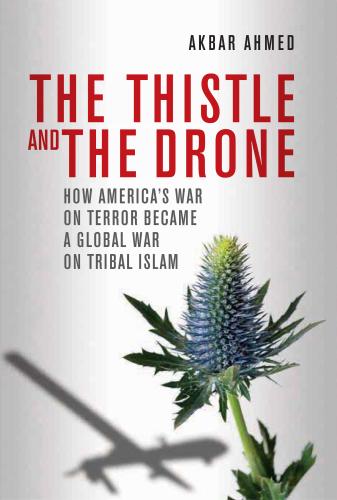
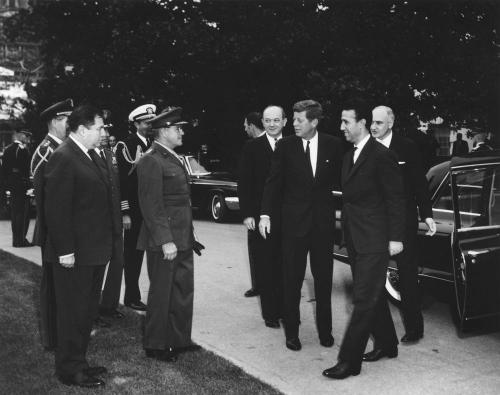
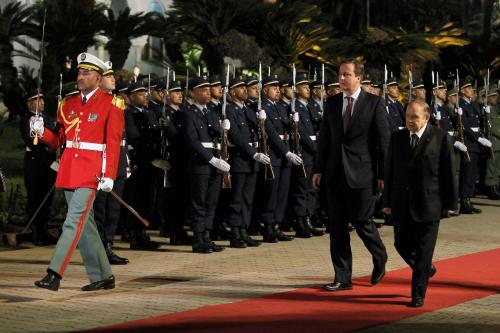
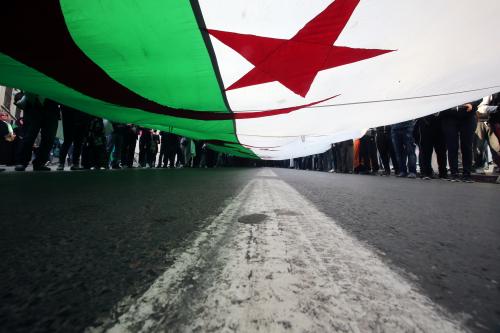

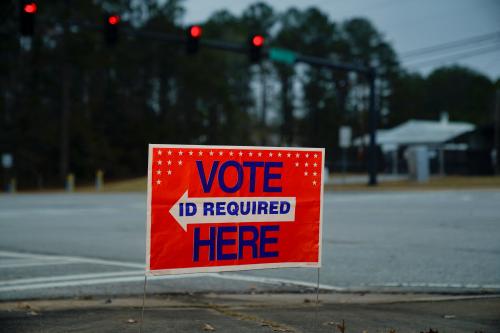
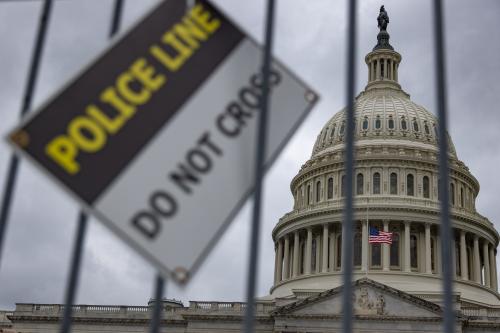

Commentary
Algeria goes to the polls—why the United States and Europe have a stake in its stability
May 1, 2017